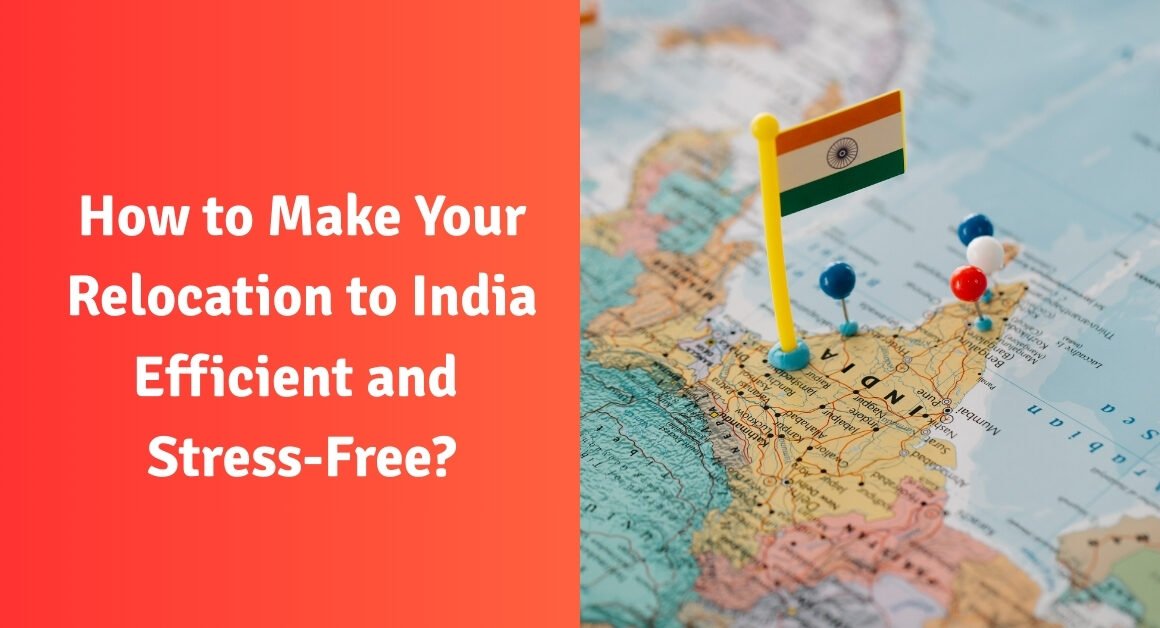Coming back to India after dwelling abroad as an NRI is an exciting though daunting experience. One of the greatest fears one may have making this shift would be to ensure your finances in order. What we are doing in this blog is see where the returning NRIs can insure their finances, increase their riches, and utilize opportunity to its fullest.
Convert Your Overseas Assets Wisely
One of the things which you need to take into account as soon as you return to India is how to manage foreign assets. It may be foreign bank accounts, real estate properties, or foreign investments. You will need to take into consideration whether to sell some or keep them in view of future use. When you decide to convert foreign currency or sell foreign assets, do so when there is a good rate of exchange to minimize losses.
Key Tip: Employ NRE (Non-Resident External) and NRO (Non-Resident Ordinary) accounts for ease of money management. These accounts will enable you to manage foreign exchange conversion with fewer tax implications.
Diversify Your Indian Investments
Though you have investments in foreign countries, the time has come to diversify your portfolio in India. This can be a combination of shares, mutual funds, government securities, and property. Diversification is one method of reducing risks while having steady growth. If you are not sure of what to invest, taking guidance will assist you in aligning your portfolio with your financial objectives.
Recent Fact: As of 2024, Indian stock markets have demonstrated consistent growth, and Sensex has crossed over 68,000, which is a perfect place to invest.
Check Your Insurance Policies
Your insurance requirements could vary after returning to India. You will require health insurance particularly, as the cost of healthcare is increasing in India. Buy wide-ranging health insurance that includes coverage for hospitalization, treatment, and critical illnesses. Check your life insurance, house insurance (if you own a property), and car insurance policies for comprehensive coverage.
Pro Tip: Buying family health insurance policies may provide coverage to your entire family at a discounted price, compared to buying policies individually.
Plan Your Tax Strategy
Taxation is an area that many NRIs find complicated after returning to India. Your global income may now be taxable in India, and it’s essential to understand the implications. You’ll need to transition from NRI to resident tax status, which means your foreign earnings could be subject to Indian taxes. It’s wise to consult a tax advisor to plan efficiently and ensure compliance with Indian tax laws.
Fact: India has Double Taxation Avoidance Agreements (DTAA) with over 80 nations, so that NRIs do not have to pay the same income twice.
Monitor Your Financial Progress Periodically
Once having changed your finances after returning, be sure to review your financial progress at regular time intervals. This will involve reviewing your investments, expenditure, saving, and taxes. Having tracking finances as a routine will keep you well aware of your being on the right track towards achieving long-term goals and protecting your wealth from any unexpected adversities.
Conclusion
Return to India as an NRI with prudent financial planning so that your wealth is safe. By managing foreign assets prudently, diversifying Indian investments, verifying insurance policies, tax planning, and keeping a watch on financial growth, you can secure your finances and create a sound future base. To receive personalized financial guidance, Prime Wealth can help NRIs secure and grow their wealth, simplifying the transition.
FAQs
- What is the best way to manage foreign currency after returning to India?
Ans – Using NRE and NRO accounts allows you to manage foreign currency efficiently and convert it to INR when needed. - Should I invest in Indian stocks after returning to India?
Ans – Yes, diversifying into Indian stocks can help grow your wealth, especially as India’s stock markets are experiencing growth. - Do I need to change my health insurance after moving back to India?
Ans – Yes, purchasing comprehensive health insurance in India is important due to rising healthcare costs. - How can I avoid paying double taxes on my global income?
Ans – India has Double Taxation Avoidance Agreements (DTAA) with many countries, preventing double taxation on the same income. - How do I transition from NRI to resident tax status?
Ans – You need to file your taxes as a resident after returning to India, which may make your global income taxable in India. - What are the benefits of using NRE/NRO accounts?
Ans – NRE accounts allow repatriation of foreign income, while NRO accounts manage income generated within India, making currency conversion easier. - How do I ensure my investments are protected in India?
Ans – Diversifying your portfolio across asset classes like stocks, bonds, and real estate is a good way to safeguard your investments. - Should I liquidate all my foreign assets after moving back to India?
Ans – It depends on your financial strategy. You may choose to keep certain assets abroad or liquidate them based on favourable exchange rates. - Do I need to buy life insurance in India?
Ans – Yes, reassessing your life insurance needs is important to provide financial security for your family after moving back. - How often should I review my finances after returning to India?
Ans – It’s recommended to review your finances at least quarterly to ensure you stay on track with your financial goals.
Disclaimer: The information provided here is for educational and informational purposes only and should not be construed as financial, legal, or tax advice. Consult with a qualified professional before making any investment decisions. We do not accept any liability for errors or omissions in this information nor any direct, indirect, or consequential losses arising from its use.





